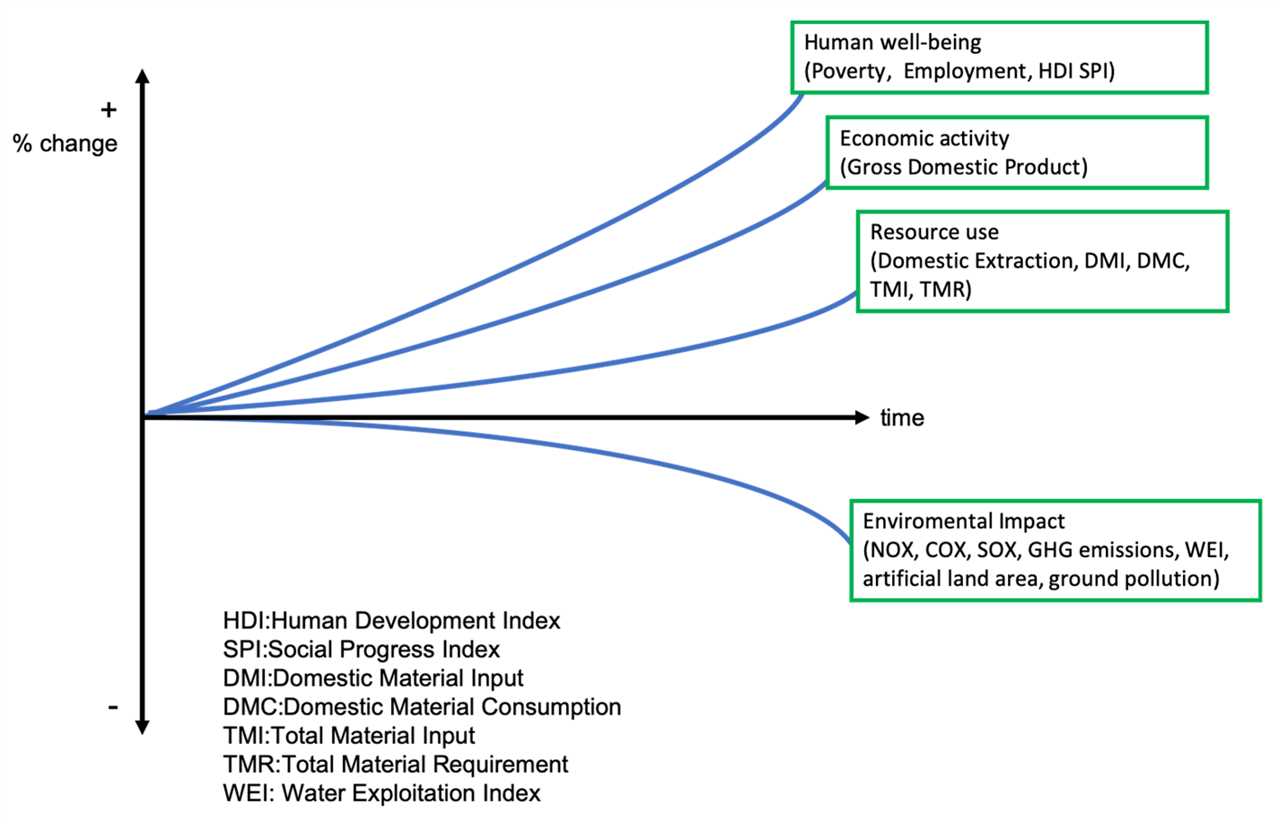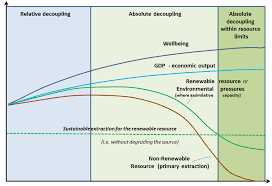Decoupling: Definition and Examples in Finance

Decoupling refers to a situation in finance where two or more variables that were previously correlated become independent of each other. This means that the movements of one variable no longer have a significant impact on the movements of the other variable. Decoupling can occur in various financial contexts, such as stock markets, currencies, and interest rates.
One example of decoupling in finance is the relationship between stock markets in different countries. Traditionally, stock markets around the world have been highly correlated, meaning that when one market goes up or down, other markets tend to follow suit. However, there are instances where certain markets decouple from the broader trend. For example, during the global financial crisis of 2008, some emerging markets experienced significant growth while developed markets were plummeting. This decoupling occurred due to factors unique to those emerging markets, such as strong domestic demand and limited exposure to toxic assets.
Another example of decoupling can be seen in the relationship between currencies. In a globalized economy, currencies are often influenced by each other. However, there are cases where currencies decouple from their usual correlations. For instance, a country with a strong economy and stable political environment may see its currency appreciate even when other currencies are depreciating. This decoupling can be attributed to factors specific to that country, such as favorable trade balances or foreign investment inflows.
What is Decoupling?
Decoupling is a concept in finance that refers to the phenomenon when two or more variables that are typically correlated become disconnected or independent from each other. In other words, decoupling occurs when the relationship between two financial assets or markets weakens or breaks down.
Decoupling can occur in various areas of finance, including stock markets, currencies, and interest rates. It is often seen as a deviation from the norm and can have significant implications for investors and financial institutions.
There are several factors that can contribute to decoupling. One of the main drivers is changes in market conditions or economic fundamentals. For example, if a country’s economy is performing exceptionally well while other economies are struggling, the stock market of that country may decouple from the broader global market.
Another factor that can lead to decoupling is the impact of specific events or shocks. For instance, a major geopolitical event or a financial crisis can disrupt the usual correlations between different markets or assets. This can create opportunities for investors who are able to identify and take advantage of the decoupling.
Decoupling can also occur as a result of policy decisions or interventions by central banks or governments. For example, if a central bank implements measures to stabilize its currency, it may cause the currency to decouple from other currencies in the foreign exchange market.
It is important to note that decoupling is not a permanent state and can be temporary. Correlations between variables can re-establish themselves over time, especially if the underlying factors that caused the decoupling change or subside.
Examples of Decoupling in Finance

Decoupling in finance refers to the phenomenon where the performance of one asset class or market becomes independent or detached from another. This can occur due to various factors such as economic conditions, geopolitical events, or changes in investor sentiment. Here are some examples of decoupling in finance:
- Stock Market and Economy: In normal circumstances, the stock market tends to reflect the overall health of the economy. However, there have been instances where the stock market and the economy have decoupled. For example, during the global financial crisis of 2008, the stock market experienced a significant decline while the economy was still growing. This decoupling occurred due to factors such as excessive leverage in the financial system and the collapse of the housing market.
- Commodity Prices and Currency Exchange Rates: Commodity prices are often influenced by currency exchange rates. When the value of a currency depreciates, it can lead to an increase in commodity prices as it becomes more expensive to import them. However, there have been cases where commodity prices and currency exchange rates have decoupled. For instance, during periods of economic turmoil, commodity prices may remain stable or even decrease despite a significant depreciation in the currency. This can be attributed to factors such as changes in supply and demand dynamics or government interventions.
- Emerging Markets and Developed Markets: Emerging markets and developed markets are often interconnected, with movements in one market affecting the other. However, there have been instances where these markets have decoupled. For example, during the Asian financial crisis in the late 1990s, many emerging markets experienced significant declines while developed markets remained relatively unaffected. This decoupling occurred due to factors such as differences in economic fundamentals, policy responses, and investor sentiment.
- Bonds and Interest Rates: Typically, bond prices move in the opposite direction of interest rates. When interest rates rise, bond prices tend to fall, and vice versa. However, there have been cases where bonds and interest rates have decoupled. For instance, during periods of economic uncertainty, bond prices may remain elevated or even increase despite a decrease in interest rates. This can be attributed to factors such as flight to safety, increased demand for fixed-income securities, or changes in market expectations.
These examples highlight the complex and dynamic nature of financial markets. Decoupling can occur temporarily or persistently, and it is important for investors to understand the underlying factors driving these decoupling events to make informed investment decisions.

Emily Bibb simplifies finance through bestselling books and articles, bridging complex concepts for everyday understanding. Engaging audiences via social media, she shares insights for financial success. Active in seminars and philanthropy, Bibb aims to create a more financially informed society, driven by her passion for empowering others.
